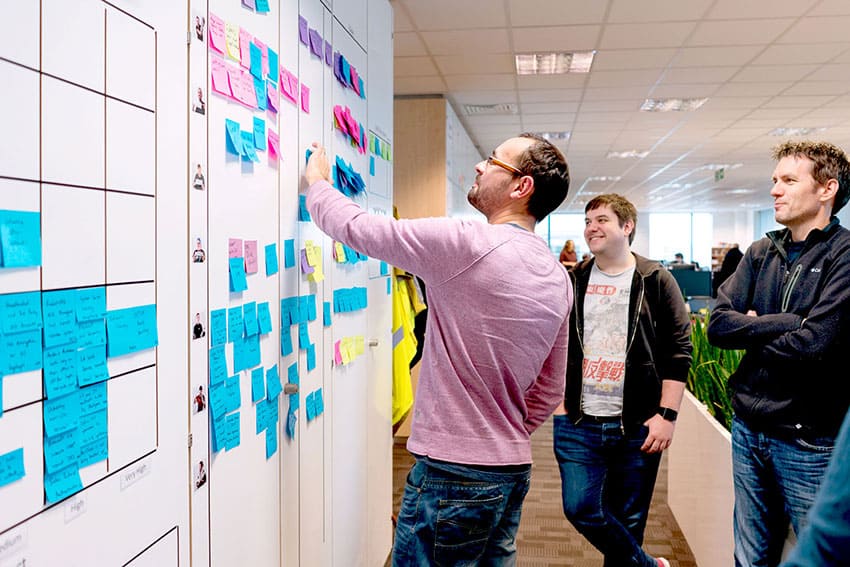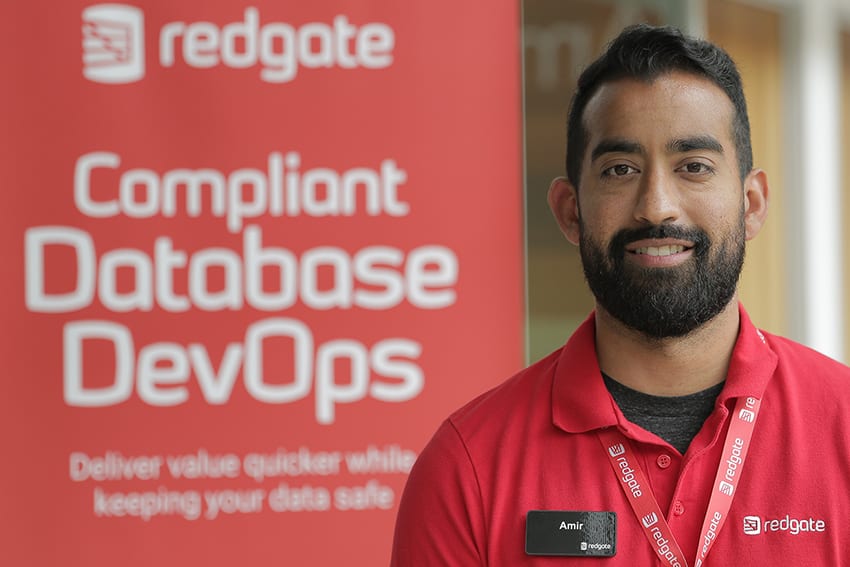Security and compliance
Ensure data security and compliance with data masking, monitoring, and change traceability
Redgate Software was founded in 1999 and has grown from offering a handful of tools to providing a full portfolio of database development solutions which enable businesses to include the database in DevOps.
Many solutions like SQL Compare and SQL Prompt are now regarded as the industry standard and are used by over 800,000 people in every type of organization around the world, from small and medium sized businesses to 92% of companies in the Fortune 100. This has been achieved by investing heavily in making the software intuitive to use even though it solves complex customer problems – something Redgate calls ingeniously simple.
While Redgate initially focused mainly on the Microsoft and Oracle platforms, it is now committed to and working towards helping teams get the most value out of any database, on any platform, anywhere. Its acquisition of Redgate Flyway, the cross-platform database migration tool, in July 2019 was to extend the advantages of database DevOps to every database.
Have any questions?
press@red-gate.com



When Neil Davidson and Simon Galbraith founded Redgate Software in 1999, they had three goals in mind:
They started work initially creating bug tracking, load testing and code profiling tools for .NET applications. In his spare time, Neil Davidson also developed a small piece of software to resolve an issue he found particularly irritating – how to compare the differences between a database in development and a database in production and create a deployment script in minutes.
SQL Compare was the result and, nearly twenty years after it was first released, it remains the industry standard for deploying changes to SQL Server databases. Its success also encouraged Redgate to look at other complex, time-consuming and laborious tasks that database development throws up, and create solutions to resolve them.
The approach, which Redgate calls ‘ingeniously simple’, became the trademark of Redgate’s software and over the years it added a range of solutions to its database development portfolio, covering everything from writing SQL code faster to masking data.
Redgate’s 20-year journey has been about a lot more than software. Remember the company culture and the moral values goal? This has been central to the company and a major contributor to the success of Redgate.
Quite simply, people matter. Give them a results-driven culture that blames anyone who fails to deliver, or a bureaucratic one that forces everyone to follow a rulebook, and innovation will be crushed, ambition defeated.
Give them, instead, a culture that is open to new ideas, encourages cooperation and collaboration, and focuses on doing the right thing, not the easy thing, and good things happen. Because people feel part of the process rather than alien from it.
Whether in development, support, marketing or sales, Redgate people try to make a difference and the result is that the company has expanded far beyond its headquarters in Cambridge. It now has offices in Pasadena and Austin in the US, as well as Brisbane and Berlin, employs around 400 people and has been repeatedly recognized as a great place to work.


